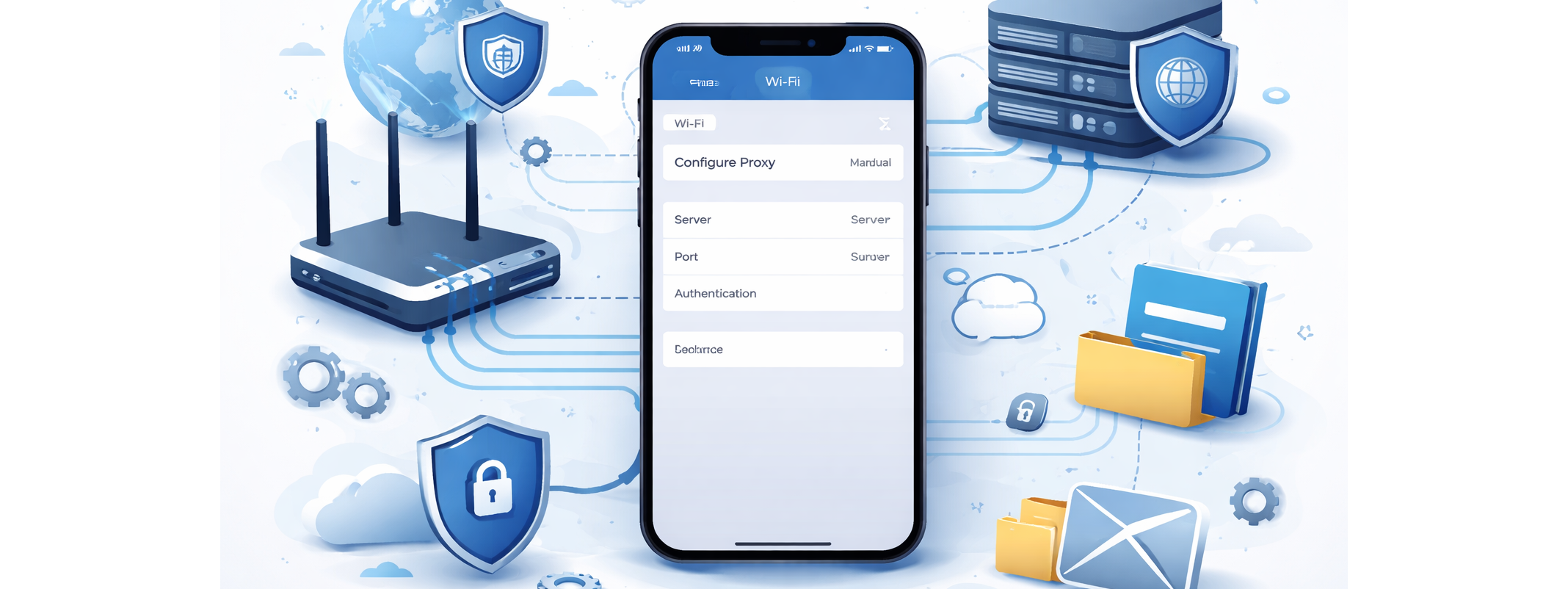In the digital realm, data privacy has become a crucial concern for organizations. With high-profile data breaches and increasing scrutiny over how personal information is handled, businesses are rethinking their strategies for collecting and managing data. This article details how privacy-centric tools are emerging as the preferred choice, offering robust security features and ethical data-handling practices.
The Growing Demand for Privacy
The rise of privacy laws such as GDPR and CCPA has placed stringent requirements on organizations to protect user data. These regulations mandate transparency, consent, and accountability in data collection processes. Privacy-centric tools are designed to meet these standards, providing organizations with a compliant and secure way to gather insights.
For industries like healthcare, education, and finance–where sensitive information is often collected, the stakes are even higher. A breach jeopardizes customer trust and results in hefty fines. Tools that prioritize data security reduce these risks and reassure users that their information is safe.
The Role of Technology
Modern privacy-centric tools use advanced technologies such as encryption and blockchain to ensure data is stored and shared securely. Encryption converts data into unreadable formats, making it accessible only to unauthorized parties, while blockchain ensures transparency and immutability.
For example, a school using computer education scheduling software collects and manages student schedules, assignments, and preferences securely. Privacy-centric solutions ensure that sensitive data, such as student IDs and personal information, remains protected from unauthorized access. This not only complies with privacy laws but also builds trust with parents and students.
Anonymous Feedback and Honest Insights
One of the key advantages of privacy-focused tools is their ability to gather anonymous feedback. Employees and customers often hesitate to share honest opinions when they fear their identities might be exposed. Anonymity encourages candor, leading to more accurate data and actionable insights.
Organizations conducting surveys on workplace satisfaction or customer experience greatly benefit from this feature. Employees feel more confident sharing their concerns, and businesses can address these issues without compromising individual privacy.
Building Trust in the Digital Age
Privacy-centric tools are more than just a technological upgrade; they represent a shift toward ethical business practices. Customers today are more informed about their rights and are likely to choose brands that prioritize transparency and security.
By adopting these tools, businesses signal their commitment to safeguarding user data. This approach strengthens customer loyalty and gives organizations a competitive edge in the marketplace. Trust, once lost, is hard to regain, making proactive privacy measures a critical investment.
The Future of Privacy-Centric Solutions
As technology evolves, the demand for secure privacy tools will only grow. Innovations in artificial intelligence and machine learning are expected to enhance these tools further, making data collection more efficient and secure.
For the education sectors, integrating privacy-centric tools like computer education scheduling software into their operations is no longer optional. It’s essential. These solutions not only address regularity requirements but also align with the growing consumer demand or ethical data practices.
Endnote
In a world where data is a valuable asset, choosing privacy-centric tools is the key to sustainable growth, trust, and long-term success. Organizations that embrace this shift lead the way in setting new standards for responsible data collection.
Published: December 31, 2024





